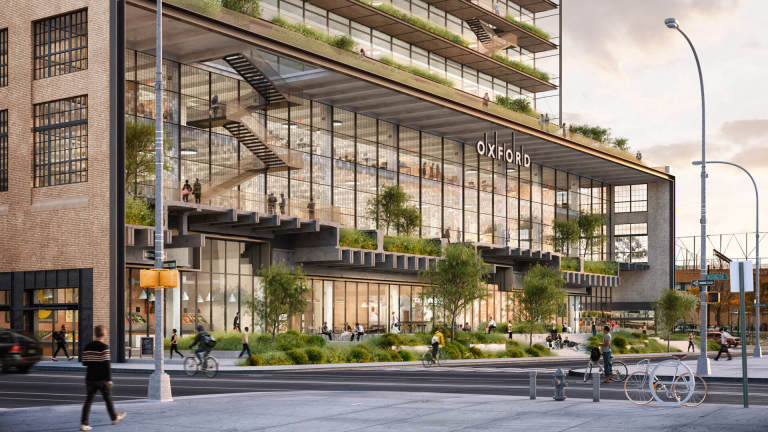The Challenge
MCR’s national portfolio encompasses locations from coast to coast; the Pacific Northwest to Boston and New York City areas—with stops in California, Colorado, Texas, Florida, Georgia, Tennessee, the Carolinas and the Mid-Atlantic.
MCR prides itself on the geographic breadth of its development portfolio. Deftly managing an abundance of territory can create challenges. MCR’s efforts to standardize processes were challenged by widely dispersed tasks and teams, each employing their own methodologies and standard operating procedures.
The Solution
MCR uses Procore’s integrated, cloud-based construction management platform to drive standardization across its portfolio. Financial and quality control standards are now on all MCR development and construction endeavors.
The Results
“With over 13,000 homes in our current pipeline and our longterm growth plan, our ability to create efficiencies and standardization is of utmost importance. Our relationship with Procore is a huge part of driving that standardization.”
Jeff Kok
Cio
Redeveloping History
Modera Sedici is the only multifamily community in Washington D.C. to have been originally commissioned by Benito Mussolini. The 1923 Renaissance-style former Italian Embassy—listed on the U.S. National Register of Historic Places—once played grand host to a global community of diplomats, but had long since fallen into disuse and disrepair. Five developers previously attempted and failed to resuscitate and repurpose the structure in a manner that showcased its historic architectural character. MCR entered with fresh eyes and a new idea—not only to repurpose the Embassy into 22 luxury homes, but also add value with a nine-story, 113-home highrise. "The reimagining of such a significant historical building was a unique challenge for the MCR development and construction teams," says Jeff Kok, Chief Innovation Officer for MCR. "When we started working on the interior, you could genuinely see the old history emerge. It was amazing to watch them recreate the atmosphere for the people who were going to live there."

Setting Standards
"It’s quality, it’s safety—it’s also quite a bit of coordination," said Jennifer Taylor, IT Director for the Construction Group, in summing up the essence of a typical MCR construction endeavor. "As a project owner operating an in-house GC, you’re working with 50 to 60 specialty contractors on a job, and you’re trying to find the best way to communicate with them—as well as with your consultants, your architect of record and your jurisdiction. Most important is setting the expectation up front to use Procore for all construction management." This familiar crowdsourcing of construction talent, combined with MCR’s geographic spread, make project standardization critical. For instance, Procore offered efficiencies in MCR’s costprojection process. "If I walked you through the double-entry that was previously required, it was incredibly manual," Kok says. Procore’s pliability allowed MCR to customize a process that all but eliminated the redundancy, yielding real-time savings. "If I were to estimate time saved it would probably be about 20 hours a month," Taylor says.

Standardization Simplifies Quality Control
On his arrival, Kok hit the ground running. "When I came in and looked at the portfolio, there were only a couple of apps in place," he recalls. Following a thorough search of the construction management software marketplace, MCR became early adopters of Procore. "We decided we would take a best-of-breed approach to technology," he continued. "We wanted to drive that process with Procore to become our financial standard of forecasting and project management." Procore’s cloud-based construction management platform provides real-time progress transparency to stakeholders and project teams alike. The resulting cross-project clarity focuses everyone on the common goal of quality control. Taylor clearly sees the benefits of the technology. "Collaborations are huge," she says. "Having this platform is great for us."








